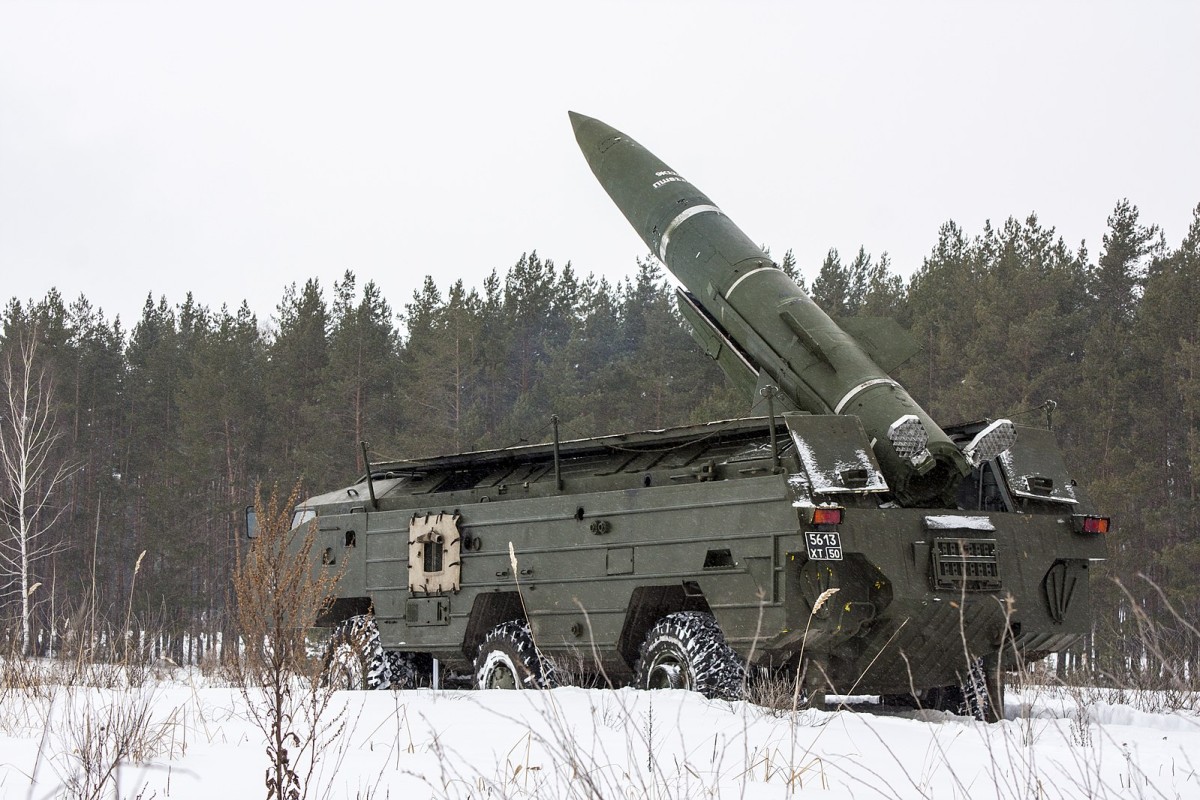Sponsored Content
Russian Duma Seals Withdrawal From Plutonium Agreement with the U.S.
The lower house of the Russian parliament, the State Duma, voted to withdraw Russia completely from a key nuclear disarmament treaty with the United States. The Plutonium Management and Disposition Agreement (PMDA), which regulates the destruction of large quantities of weapons-grade plutonium, is now finally history.
 The agreement, known as the Plutonium Management and Disposition Agreement (PMDA), was a key pillar of nuclear disarmament after the Cold War. / Picture: © Wikimedia Commons, Ministry of Defence of the Russian Federation, CC BY 4.0
The agreement, known as the Plutonium Management and Disposition Agreement (PMDA), was a key pillar of nuclear disarmament after the Cold War. / Picture: © Wikimedia Commons, Ministry of Defence of the Russian Federation, CC BY 4.0
Moscow justified the move by citing “new anti-Russian steps” by the U.S. that fundamentally altered the strategic balance and created additional threats to strategic stability. The PMDA was originally signed in 2000 and entered into force in its amended form in 2011. It committed both nuclear powers to dispose of at least 34 tons of highly radioactive material each, an amount that,…
or Log In
Fast News Search





